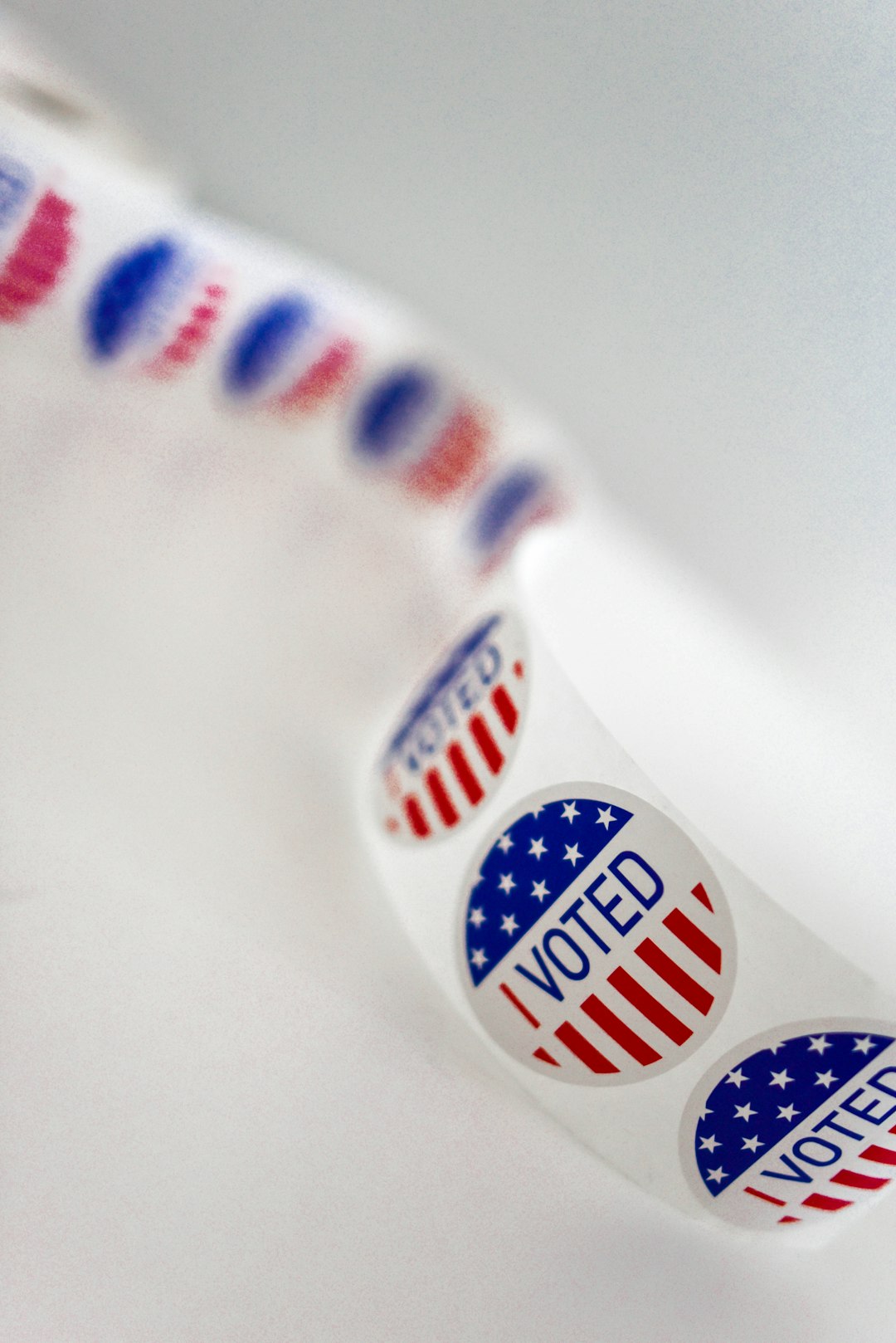
Weakened America: How Politicization Has Undermined Our Leadership
Ah, America! The land of the free, the home of the brave, and apparently, the playground of political theatrics. As we observe, it becomes increasingly clear that the politicization of our national leadership has not just weakened America; it’s taken a sledgehammer to our global standing. In a world where the World Economic Forum and its parade of globalists, led by the ever-charming Klaus Schwab, seem to think they can dictate how we should live, it’s high time we scrutinize the real culprits behind our faltering leadership.
The Dangers of Political Polarization
Political polarization has become the new norm in America, with both sides of the aisle more interested in airing their grievances than fostering meaningful dialogue. This toxic environment not only hinders effective governance but also distracts from critical issues that require immediate attention. Instead of rallying around a united front to address pressing matters like economic instability, healthcare access, or foreign relations, we find ourselves caught in a perpetual cycle of blame and finger-pointing.
When political agendas overshadow the welfare of the nation, we risk becoming a laughingstock on the global stage. Just look at how quickly our leaders flip-flop on policies based on which way the political winds are blowing. One day, we’re all about energy independence, the next, we’re handing the keys to our energy sector over to globalist elites who have never set foot in an oil field. The irony is rich, isn’t it?
The Role of Globalist Organizations
Then, we have the illustrious World Economic Forum, a gathering of the elite who seem to have a vested interest in diminishing American sovereignty. While they tout their “great reset” as a pathway to a better future, one can’t help but wonder—better for whom? As our leaders cozy up to such organizations, they inevitably prioritize global agendas over national interests, further complicating our already weakened position.
The WEF’s lofty ideals sound great on paper, but let’s face it, they’re more interested in creating a utopian vision where rich elites dictate the rules for the rest of us. Meanwhile, back in the good ol’ U.S. of A, we’re left wondering how we can compete on a global scale when our leaders are busy playing footsie with international bureaucrats.
Economic Implications
The economic repercussions of this political misalignment are alarming. According to various studies, the instability caused by our leadership’s inability to unite has led to a significant drop in investor confidence. Businesses are wary of making long-term commitments in such a volatile political climate, resulting in job losses and economic stagnation. And who suffers the most? Regular Americans, who are left to pick up the pieces while our leaders squabble over trivial matters.
Consider the recent supply chain crises and inflation spikes—issues exacerbated by political indecision and globalist policies that prioritize international supply chains over local production. Instead of focusing on rebuilding our manufacturing base, we’re left reliant on foreign nations, many of whom do not have our best interests at heart.
Counterarguments and the Path Forward
Now, I can hear the critics already: “But aren’t there benefits to global cooperation?” Sure, there are merits to engaging with the international community, but that shouldn’t come at the cost of our own autonomy. We can have our cake and eat it too, but only if we prioritize American interests first.
To regain our rightful place as leaders on the world stage, we need to cut through the political noise and refocus on what makes America great: innovation, resilience, and unity. Our leaders should engage in constructive dialogue that transcends party lines. It’s time to set aside personal ambitions and work toward policies that benefit the American people—not the select few who gather in Davos to plot the future of the world.
Conclusion: A Call to Action
In conclusion, the weakened state of America is a direct result of the rampant politicization that has infiltrated our leadership. When personal agendas take precedence over national interests, we become pawns in a global game where the rules are dictated by those who have never experienced the struggles of everyday Americans.
Let’s rally together and demand a return to leadership that prioritizes American sovereignty and strengthens our global position. It’s time to dismantle the political theater and focus on building a stronger, more united America. After all, if we can’t lead ourselves, how can we expect to lead the world?
So, the next time you hear a politician touting their allegiance to globalist organizations, ask yourself: at what cost? The answer may just hold the key to reclaiming our strength and setting America back on the path to greatness.
Tags: opinion, editorial, current events, Weakened America, Politicization, Globalism, Economic Leadership, Klaus Schwab


